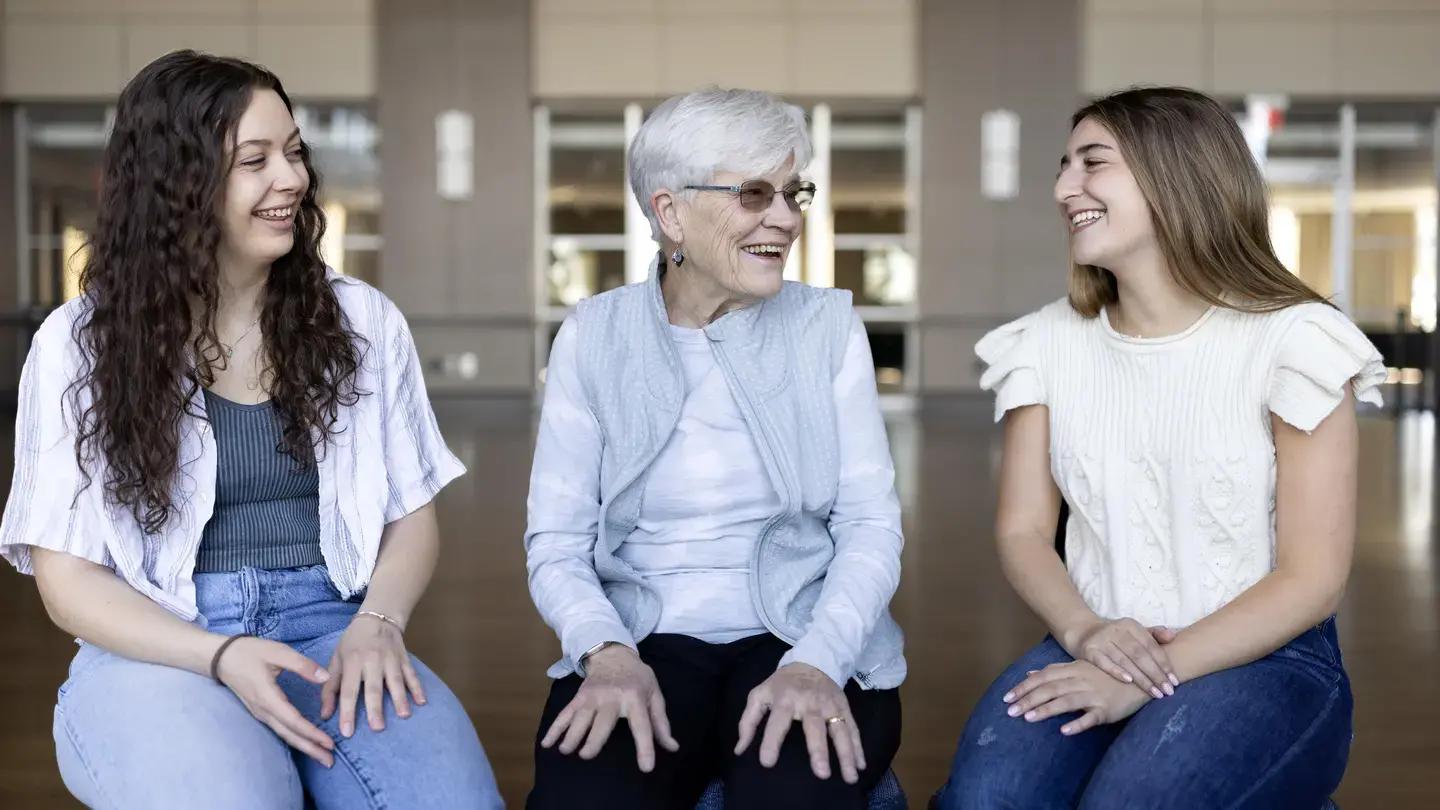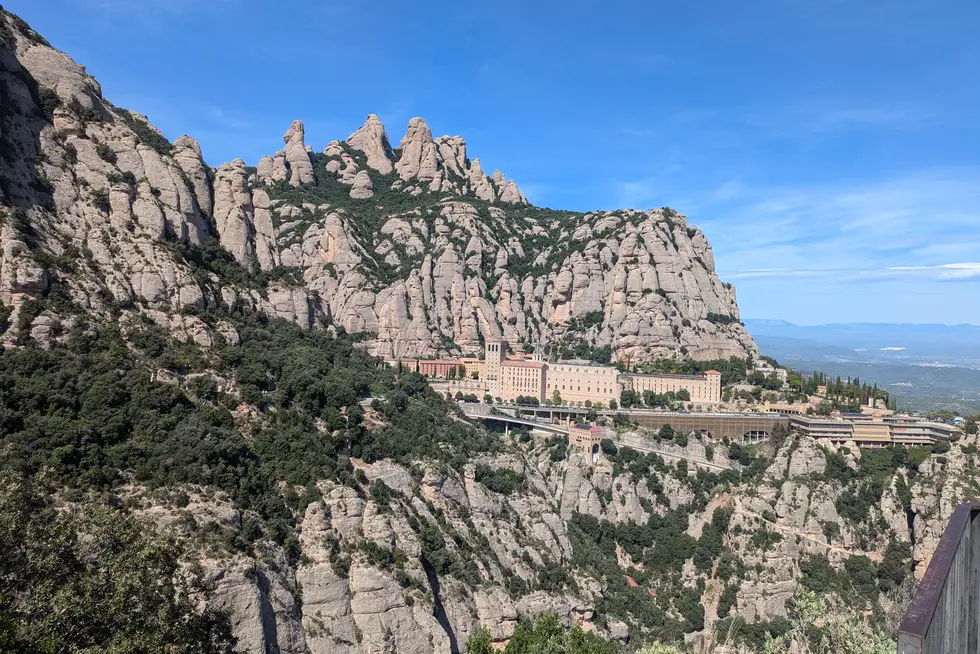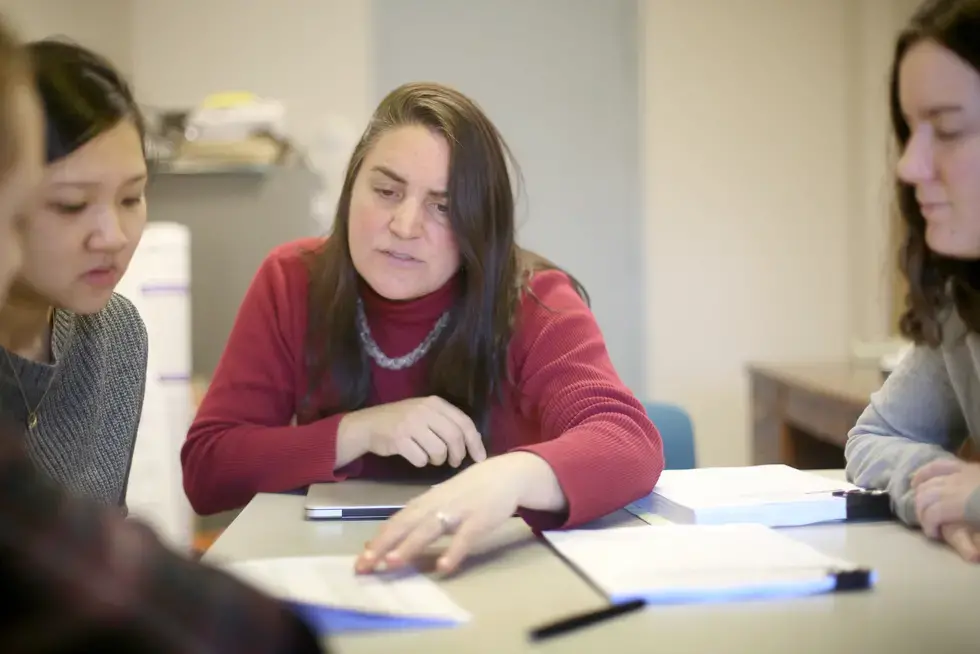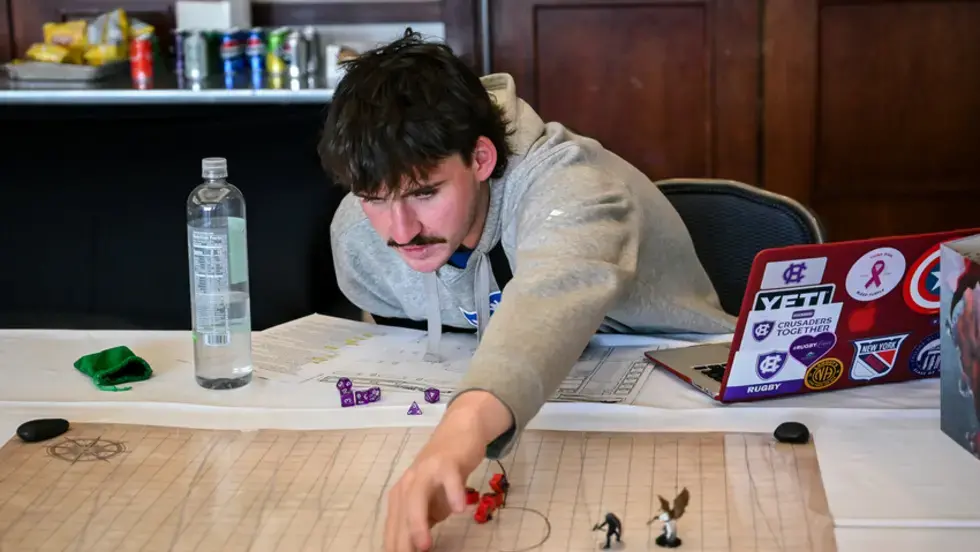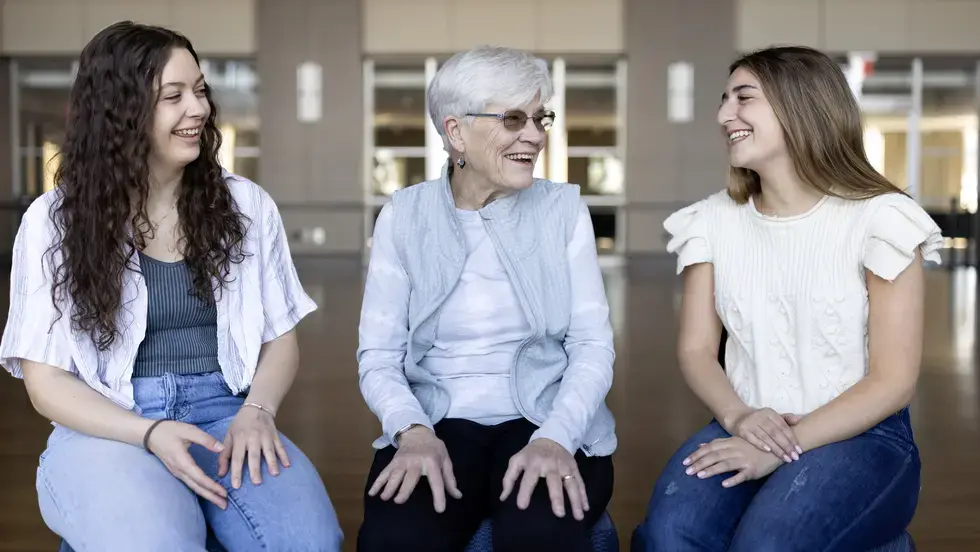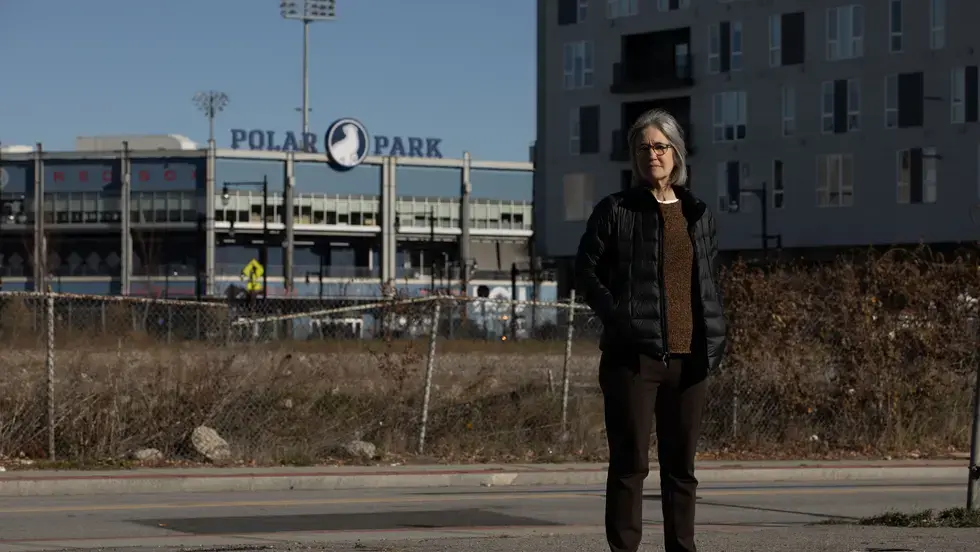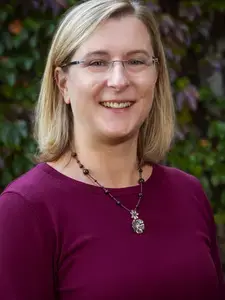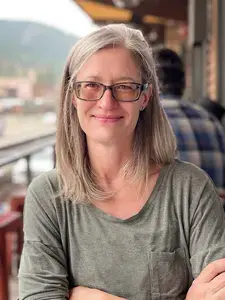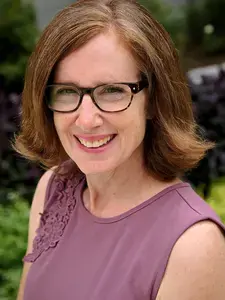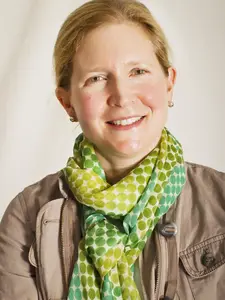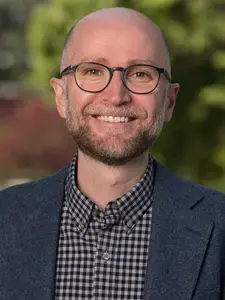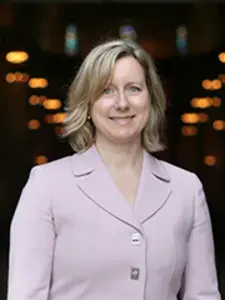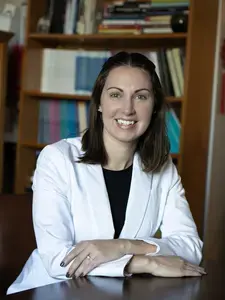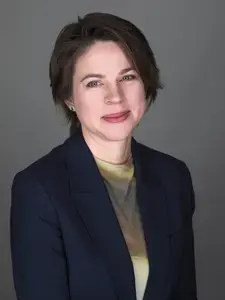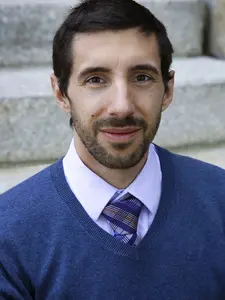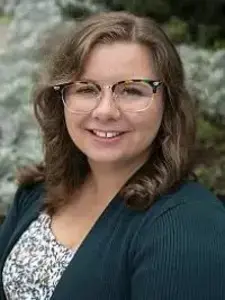Our world is one of fast-paced human and environmental change, although it has not always been this way. We have inherited institutions, structures, economies, and systems that have indelibly shaped our landscapes and waterscapes, sometimes in exploitative ways. This cluster examines the diverse ways humans have interacted with their surroundings through time and space, as well as the relationships and beliefs that have been developed around nature and the environment. The Natural World cluster seminars pursue shared questions from a range of disciplinary perspectives including literature, history, philosophy, mathematics, economics, visual arts, classics, and environmental studies. Over the course of the year, seminars will explore broad questions about the human relationship to the natural world, including: How can we (re)examine our ideas, values, and behaviors as we engage with the natural world? How can these efforts help foster our understanding and inspire us to become more reflective and active participants in the natural world?
